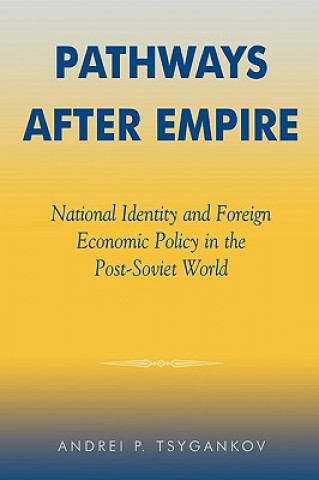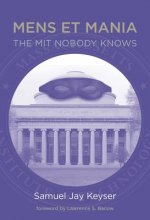
Livrare
Consilier de cumpărături





Nu se pretează? Nu contează! La noi puteți returna bunurile în 30 de zile
 Voucher cadou
orice valoare
Voucher cadou
orice valoare
Cu un voucher cadou nu veți da greș. În schimbul voucherului, destinatarul își poate alege orice din oferta noastră.
Pathways after Empire
 engleză
engleză
 199 b
199 b
30 de zile pentru retur bunuri
Ar putea de asemenea, să te intereseze


This book explores how culture shapes foreign economic policy in post-Soviet states. After the Soviet empire fragmented, some of the newly emerged nations directed their economic activities primarily toward Russia and other former republics, while others turned sharply away from the Soviet bloc. Taking a constructivist approach, Andrei P. Tsygankov explains the striking variation by making the original argument that a new state's strength of national identity shapes its foreign economic policy. The stronger the identity, the more likely the new state was to shift away from the empire. Drawing on detailed case studies of Latvia, Ukraine, and Belarus, the author demonstrates how the Baltic nations, with a strong sense of identity, chose to deal with Russia and other ex-Soviet nations on a strictly bilateral basis and entered preferential arrangements with European countries. Ukraine, with moderate identity strength, pursued active economic relations with both Russia and Europe. Finally, Belarus, with a relatively weak identity, pursued an effort to reintegrate with Russia at the expense of developing ties with Europe. Employing a range of both qualitative and quantitative analysis, this study brings a national identity perspective into the forefront of international political economy theory.
Informații despre carte
 engleză
engleză
Categorii




 Cum să cumpăr
Cum să cumpăr






















